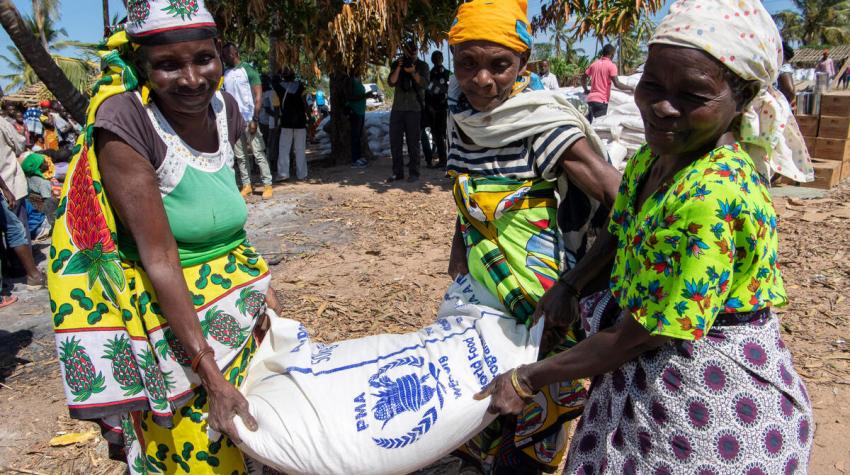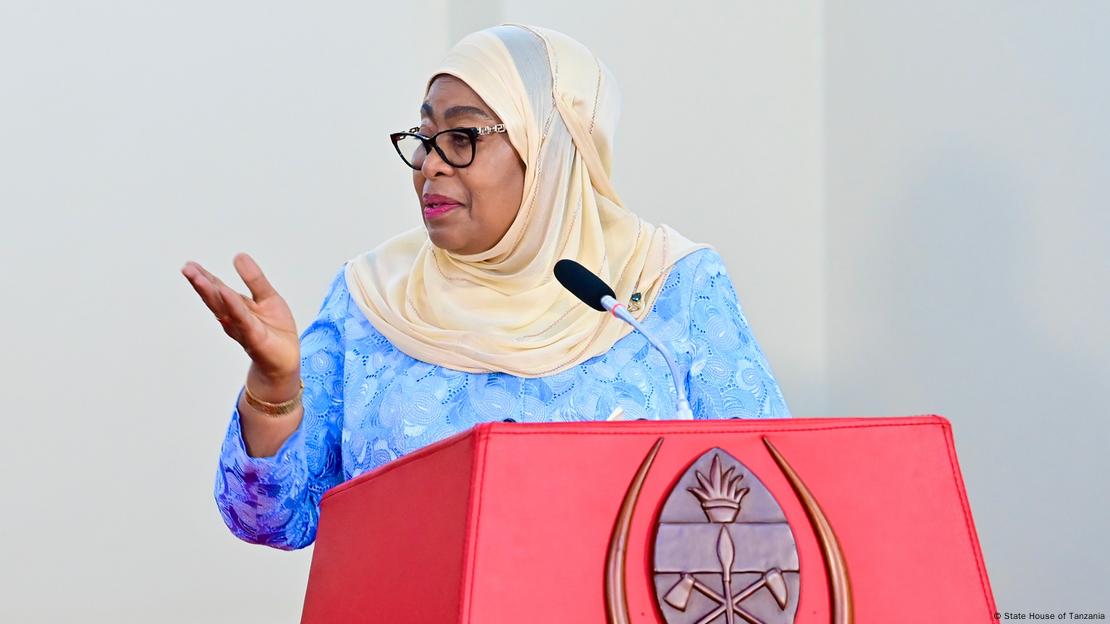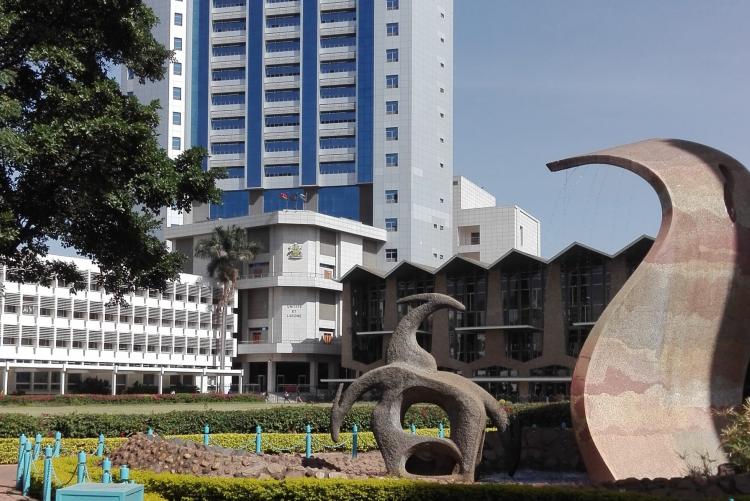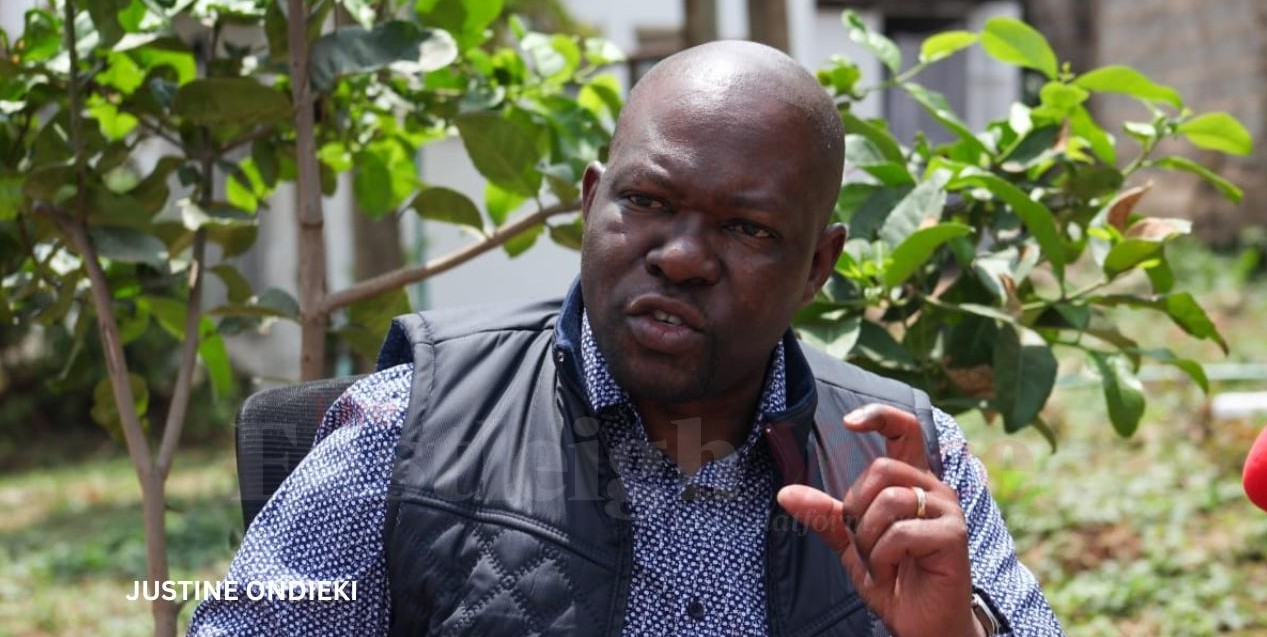Humanitarian supply route cut in South Sudan, leaving 60,000 malnourished children at risk

Intensified conflict along the White Nile River, which is the primary route for humanitarian aid, has caused a month-long halt in critical humanitarian deliveries.
In South Sudan’s Upper Nile state, thousands of malnourished children risk losing access to treatment as critical nutrition supplies run low and deliveries remain blocked due to intense conflict along the White Nile River.
The World Food Programme (WFP) and the United Nations Children’s Fund (UNICEF) have expressed urgent concern, warning that without the prompt resumption of aid, life-saving support for over 60,000 children could be completely halted by the end of May due to a severe shortage of essential nutrition supplies.
More To Read
- MSF demands protection of civilians after deadly attack in Upper Nile State, South Sudan
- Kenya among 16 global hunger hotspots facing crisis, UN warns
- US ends Temporary Protected Status for South Sudanese nationals
- UN warns 7.5 million South Sudanese at risk of severe hunger
- South Sudan peace deal at risk amid ceasefire violations, political discord - report
- 300,000 flee South Sudan as Kiir–Machar conflict escalates, UN warns of civil war return
Intensified conflict along the White Nile River, which is the primary route for humanitarian aid, has caused a month-long halt in critical humanitarian deliveries, leaving thousands of children in South Sudan’s Upper Nile state without essential food and medical supplies, according to humanitarian organizations.
According to WFP and UNICEF, Upper Nile state continues to face some of the highest levels of child malnutrition in South Sudan, with over 300,000 children affected by moderate or severe cases in the past year.
They warned that the ongoing conflict and displacement, combined with the onset of the rainy season, are likely to increase food insecurity and the spread of waterborne diseases—further worsening malnutrition among children.
The agencies reported that unless immediate access is restored and additional supplies are delivered, they will run out of essential nutrition stock by the end of May.
This, they noted, would force a shutdown of life-saving treatment programs across the state and put tens of thousands of children currently receiving care at serious risk.
“Children are already the first to suffer during emergencies; if we can’t get nutrition supplies through, we are likely to see escalating malnutrition in areas already at breaking point,” said Mary-Ellen McGroarty, WFP Representative in South Sudan.
“This is already one of the most food-insecure regions in South Sudan, with extremely high rates of malnutrition. In these situations, every day makes a difference for a malnourished child in need of life-saving treatment.”
The Humanitarian agencies also stated that in mid-April, a convoy of barges carrying 1,000 metric tonnes of food and nutrition aid to Upper Nile had to turn back due to the deteriorating security situation.
They added that nearly 3,000 more metric tonnes of aid remain on standby in Bor, awaiting safe passage once conditions improve.
“Almost 3,000 additional metric tonnes are on standby in Bor – a humanitarian cargo hub along the Nile River - ready for delivery as soon as conditions allow,” they stated in a statement.
“Due to security concerns and the high value of nutrition supplies, WFP and UNICEF are unable to preposition stock in insecure areas as doing so would leave health facilities and warehouses increasingly vulnerable to looting.”
The agencies explained that placing supplies in such locations would increase the risk of looting at health facilities and storage sites.
They reported that nearly 2,000 cartons—equivalent to about 26 metric tonnes—of vital nutrition supplies have already been looted in Upper Nile since the conflict began, depriving around 1,900 children of urgently needed treatment.
UNICEF’s Officer-in-Charge, Obia Achieng, said the agency had made the difficult decision to withhold supplies temporarily, expressing concern that continued conflict, theft, and the blocked river route could prevent the aid from reaching children in need.
“We have reluctantly taken the unprecedented step of holding back supplies for fear that they will not reach the children that so desperately need them, due to the ongoing fighting, looting and disruption of the river route,” UNICEF’s OIC Representative, Obia Achieng.
“If this continues, we are in danger of simply running out of supplies in counties across the state by the end of May 2025, with potentially catastrophic results for the youngest, most vulnerable children,” Achieng added.
Both WFP and UNICEF cautioned that unless deliveries can safely resume soon, treatment programs will be disrupted, reversing progress made in combating malnutrition and further endangering the lives of children in Upper Nile.
Top Stories Today













































